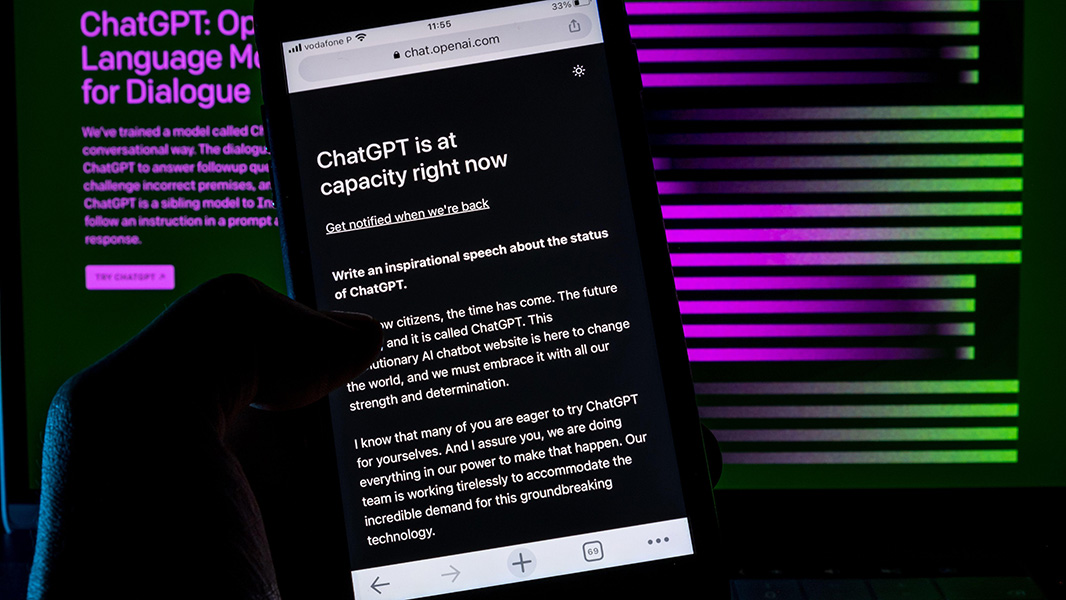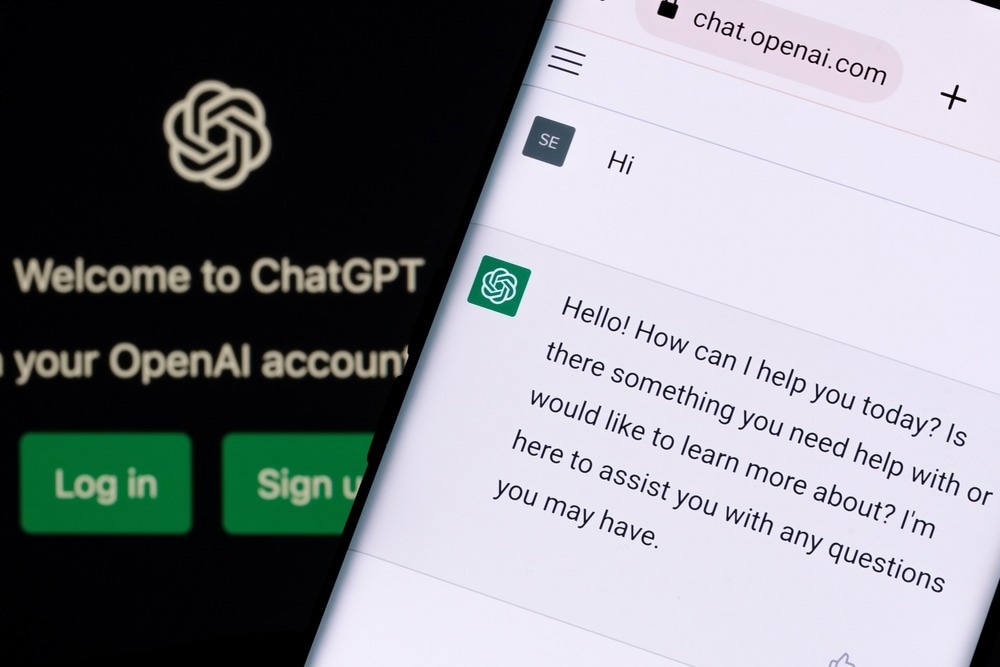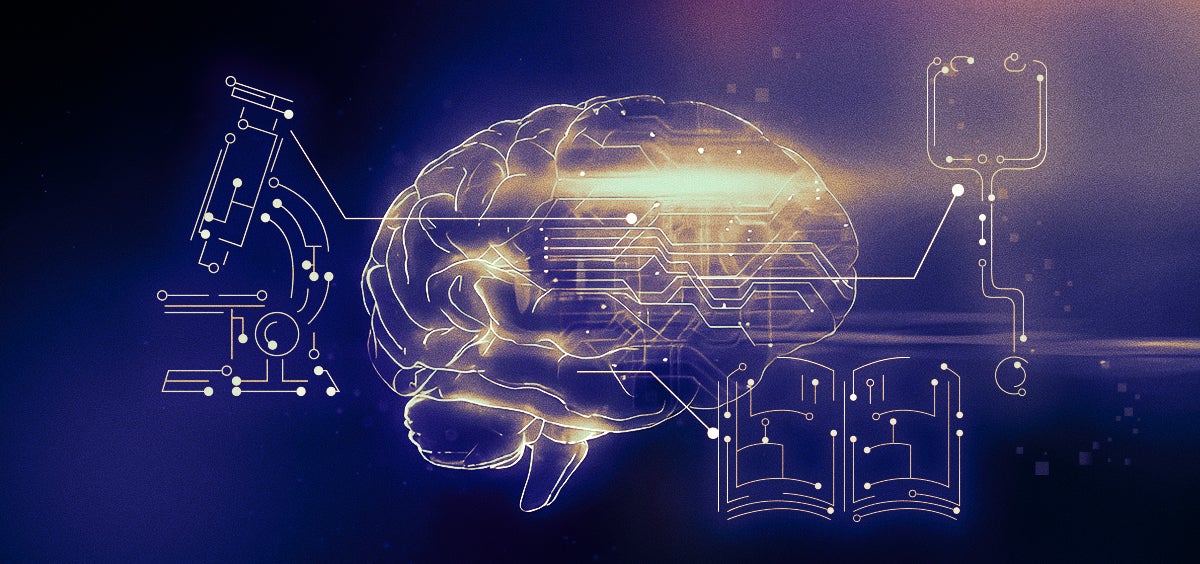What you can and can't do with chatgpt, and why you shouldn't

Understanding the Capabilities of ChatGPT
ChatGPT is an impressive language model developed by OpenAI.
It utilizes advanced natural language processing (NLP) techniques to generate human-like responses to text prompts.
While it can be a powerful tool for various applications, it's important to understand its limitations and exercise caution when using it.
What is ChatGPT?
ChatGPT is a state-of-the-art language model that uses deep learning algorithms to understand and generate text.
It has been trained on a vast amount of data from the internet, allowing it to generate coherent and contextually relevant responses.

The Power of ChatGPT
ChatGPT can be used for a wide range of tasks, including:
- Generating creative writing pieces
- Answering questions based on provided information
- Assisting with language translation
- Creating conversational agents for customer support
- And much more!
The Limitations of ChatGPT
While ChatGPT is impressive, it does have some limitations:
- Lack of real-world knowledge: ChatGPT's responses are based solely on the data it has been trained on and may not have access to the latest information or common sense reasoning.
- Tendency to be verbose: ChatGPT can sometimes provide excessively long and convoluted responses, making it less suitable for concise and straightforward interactions.
- Sensitivity to input phrasing: The way a question or prompt is phrased can significantly impact the quality of ChatGPT's response. Slight rephrasing may yield different results.
- Potential for biased or inappropriate responses: ChatGPT may inadvertently generate biased or offensive content due to the biases present in the training data it has been exposed to.
- Lack of control over output: While OpenAI has implemented measures to prevent malicious use, there is still a risk of ChatGPT generating harmful or misleading information.

Why You Should Exercise Caution
While ChatGPT can be a valuable tool, it's crucial to exercise caution when using it.
Here are some reasons why:
Risk of Misinformation
Due to its lack of real-world knowledge and potential for biased responses, ChatGPT may inadvertently provide inaccurate or misleading information.
It's essential to verify any information generated by ChatGPT from reliable sources before considering it as factual.

Potential Legal and Ethical Concerns
Using ChatGPT to generate content without proper attribution or permission can raise legal and ethical concerns.
Plagiarism and copyright infringement are serious issues that should be avoided.
Privacy and Security Risks
When interacting with ChatGPT, it's important to be mindful of the information you share.
Avoid providing sensitive personal or confidential data that could be misused or compromised.
Mitigating Bias and Offensive Content
OpenAI has made efforts to reduce biases in ChatGPT's responses, but it's still possible for biased or offensive content to be generated.
It's crucial to review and moderate the output to ensure it aligns with ethical standards.

Potential for Manipulation
ChatGPT can be manipulated by malicious actors to spread misinformation, propaganda, or engage in harmful activities.
It's important to be vigilant and critically evaluate the information generated by ChatGPT.

ChatGPT is an impressive language model with a wide range of applications.
However, it's essential to understand its limitations and exercise caution when using it.
Verify information from reliable sources, be mindful of legal and ethical concerns, protect your privacy and security, mitigate bias and offensive content, and stay vigilant against potential manipulation.
By doing so, you can make the most of ChatGPT while minimizing the risks associated with its use.
Comments
Post a Comment